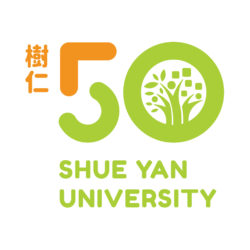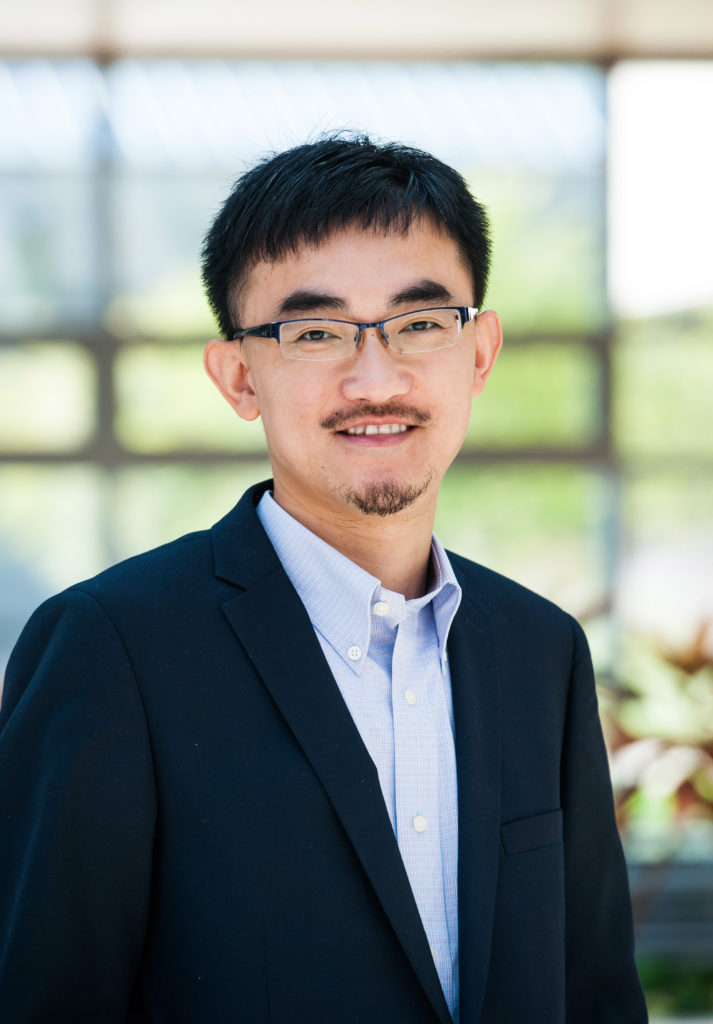 Prof DHAR Vasant Professor at the Stern School of Business and the Center for Data Science at New York University where he is the Director of the PhD program. He is also the founder of SCT Capital Management, one of the first systematic machine-learning-based hedge funds, with a track record of over 20 years. Presentation: Evaluation of Artificial Intelligence and Machine Learning in Finance | IIDS Zoom Seminar: Evaluation of Artificial Intelligence and Machine Learning in Auto Finance Date: Wed, 7 OCT 2020 Time: 09:00am to 10:15am Free Online Registration  |
Where are we Headed? The Future of FinTech
Increasing Regulation of Platforms
- Principles‐based compliance
- Automated/remote compliance
- ZeroBias/Fairness demonstration
Changing Customer Exectations and GenZ
- Automated Instant Decisions (a la Kabbage)
- Fraud
- Credit
- Authorization
- Personalization
- Smooth robotic interface
- Customized everything
- Risk evaluation machines ubiquitous!
Data Assets are Central
- Creation of “alternative databases”
- – i.e. all real estate transactions are recorded, but it
- requires some “sweat of the brow” to create clean
- and integrate noisy/incomplete historical data
- Naming mismatches
- Errors in translation of physical to electronic records
- New players like SnowFlake are addressing this space
- Big‐Tech making major inroads into these spaces via new kinds of data and better machine learning methods
- Will they remain “tools providers” or eat the lunch of existing players?


